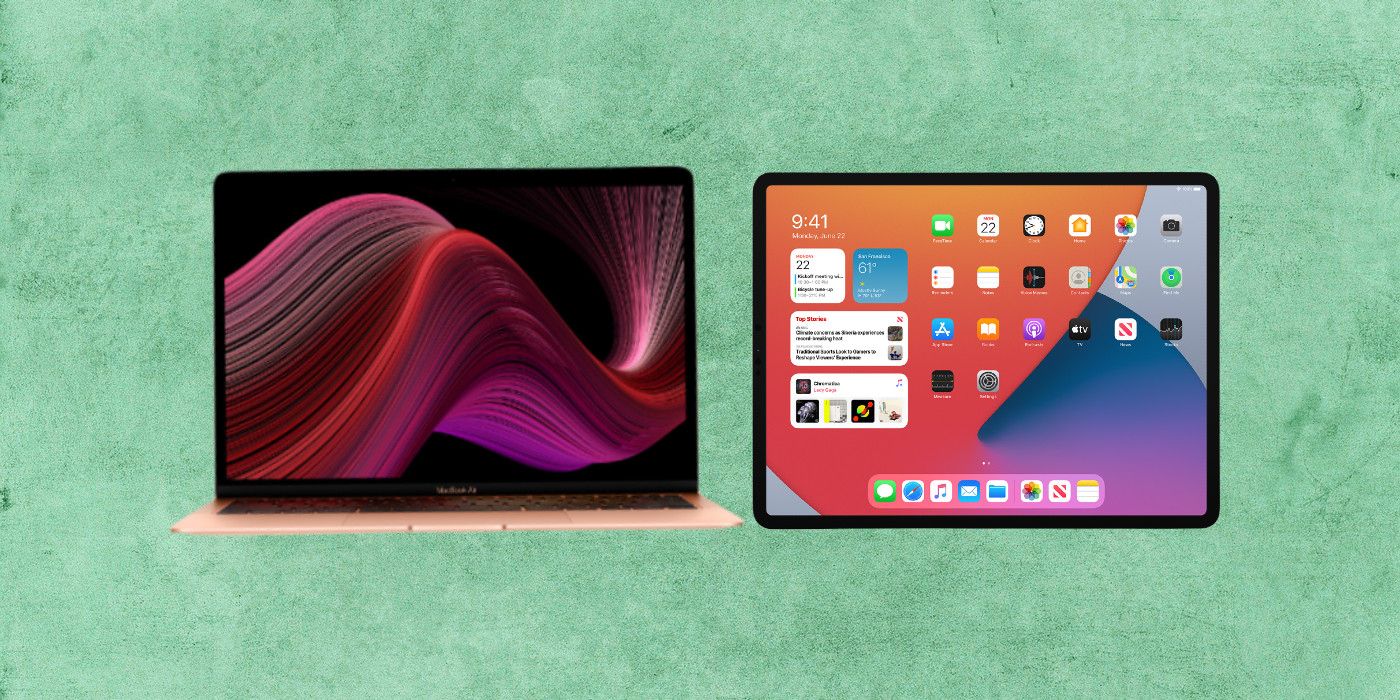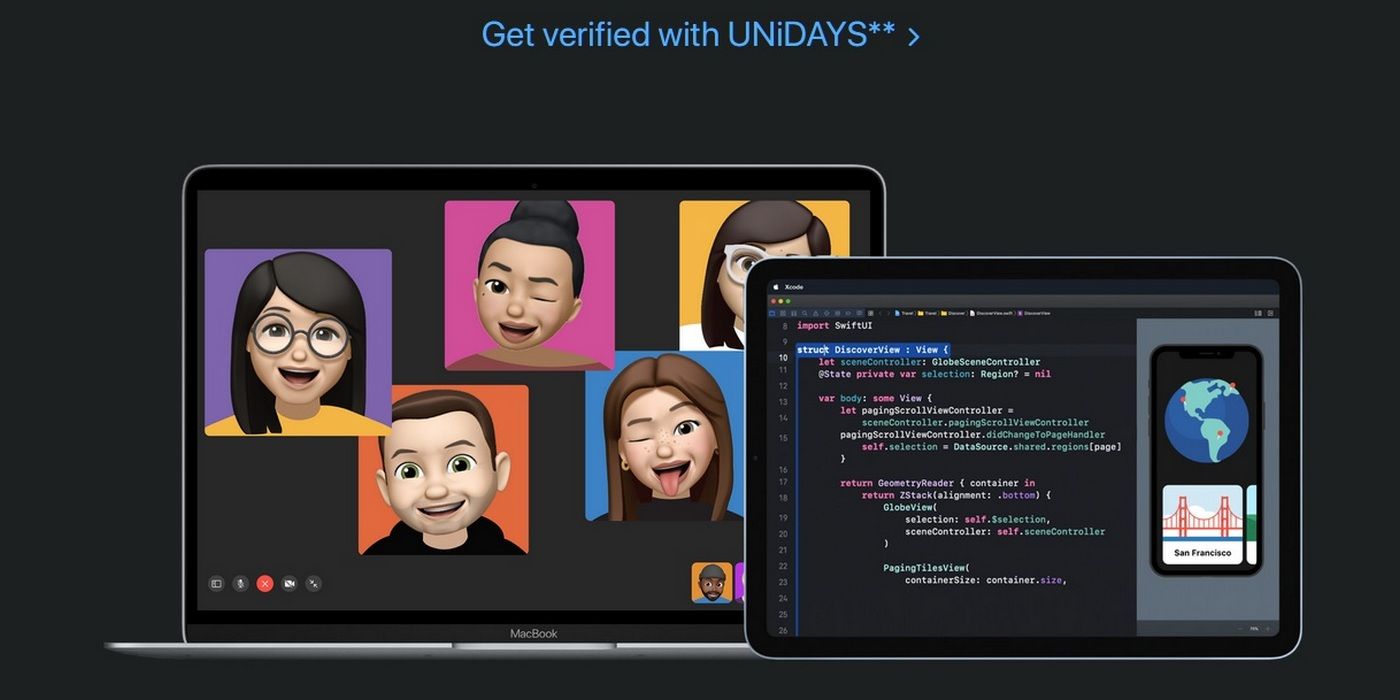Apple now requires a UNiDAYS verification before buyers can get a discount from its education portal in the U.S. The company offers discounts on select hardware to students and teachers in many regions, including the U.S., the U.K. and the European Union. Outside the U.S., Apple verifies the ID of potential buyers before offering them a discount, but ID verification wasn't a requirement in the U.S. until now.
Apple typically sells its MacBooks and iPads for a discount to students and teachers with a .edu address. In addition, Mac desktops, the Mac mini, and a few of the accessories are also available at a discount to eligible buyers, although iPhones are not part of the list. Now, with the loophole closed, students and teachers will have to show their ID before they can catch a discount on their next iPad or MacBook purchase.
Believed to have been first spotted by Redditor u/siddharthsure, Apple now requires teachers and students to produce a legit UNiDAYS identification to be eligible for a discount on the Apple Education Store in the U.S. As mentioned already, the policy was already in place across most other regions where the discount plan is active, but in the U.S., the company did not implement a strict ID policy. This meant that just about anybody could get a discount by claiming to be a student. However, that loophole is now plugged, which means only students, faculty, and staff with valid .edu email IDs from participating colleges and universities can now claim discounts on the Apple Education Store in the U.S.
Limits On Discounted Devices
Another change is a new limitation on the number of devices people can buy at a discount every year. While there was no apparent upper limit earlier, the company now restricts buyers to only one or two devices per category per year. That means people can claim the discount on only one Mac, one Mac mini, one MacBook, two iPads and two accessories per year. iPhones are not part of the promo, which means buyers still have to pay full price for Apple's smartphones, irrespective of whether they have a valid .edu email address or not.
It's not immediately clear when Apple implemented the change, but a quick check with the Wayback Machine suggests it might have happened over the past couple of days. When checked, even the latest recorded snapshot of the Apple Education Store homepage from Jan. 17 did not mention UNiDAYS, which suggests that Apple introduced the new policy sometime between then and now. The company is yet to say anything officially about the new policy.
Source: Apple


